Coming Up: July 2
Council meets this upcoming Tuesday.
Agenda items include:
Petroleum Industry Update: a delegation from the Canadian Association of Petroleum Producers will be presenting to Council.
Library: a delegation from the Library Board will be speaking to Council.
Business License Bylaw: we’ll be debating recommended amendments to the Business License Bylaw. These are housekeeping matters to bring the Business License Bylaw into conformance with the new Fees and Charges Bylaw which Council recently passed.
The most interesting discussion will revolve around 2020 Tax Rates.
The actual tax rates for 2020 won’t be established until a Property Tax Bylaw is passed next spring. However, they will be largely based on a budget which Council will debate and approve in November. To setup that winter discussion, administration is already in the midst of creating its recommended budget. To help them form the best possible recommendations, it has been suggested that Council should give administration an early indication on what its approach to tax revenue will be.
Mayor Given will be making a motion to “direct Administration to prepare the 2020 Budget with a property tax increase not to exceed 3.75%.”
I have not yet heard the Mayor’s reasoning as to why he selected 3.75% in his motion. I look forward to hearing his thoughts, and am always open minded. That being said, at this point, I cannot support it. The increase is too high for me.
From 2018 - 2019, the total property assessment in Grande Prairie grew by 3.59% (or $348,124,570). Despite this, the City’s total tax levy decreased by $1,089,591. This led to a 4.1% decrease for the average residential property, and a 0% change for the average non-residential property. This was achieved in addition to increasing spending in some service areas, including road rehabilitation and RCMP funding.
Council and management have worked very hard to spend money more efficiently and better target it to community priorities. I’m proud of that work. Being disciplined with taxpayer money needs to continue to be a priority.
That being said: inflation effects the City. Labour, goods, and contracted services all become more expensive over time. I can support us having some inflationary tax increase to allow for our current levels of service to be maintained. At the same time, I still believe there is room for increased efficiency in the City. Therefore, I don’t currently support us matching the inflation rate completely.
Over the past 9 years, the Consumer Price Index in Alberta has increased by an average of 1.6%. To both ensure service can be maintained while also forcing some efficiency, I’d like to see our tax rate increase by half the rate of inflation. I would like to see our average tax bill go up by 0.8%.
As Council has this discussion, there are two important notes:
On Tuesday, we are giving very early direction to administration. When Council sees the recommendations that come out of it, it may decide to add or take out spending. A lot can change between Tuesday and when a budget is passed in the winter.
My support of an increase that is below inflation is based on delivering current levels of service. However, there are potentials of some services being increased. For example, both accessible transportation and snow removal are currently under review, and many community members would like to see significantly more spent in these areas. If we dramatically increase some services, I’m not sure that enough money can be found from efficiencies and from other service cuts acceptable to the community. I may become supportive of a higher tax increase than 0.8% if Council opts to give large increases to some budget lines.
I’ve appreciated recent community conversations I’ve had concerning the City budget. I’d love to hear from you what your thoughts are.
You may also be interested in checking out the following blog posts I made during our last budget deliberations:
Savings and Re-alignments: about efforts still underway to spend money more efficiently and better target it towards community priorities
Getting to 0%: challenges that had to be addressed in 2019 just to deliver a 0% change on the average tax bill
Things to Know: highlights of the 2019 budget
Thanks for reading!
-Dylan
